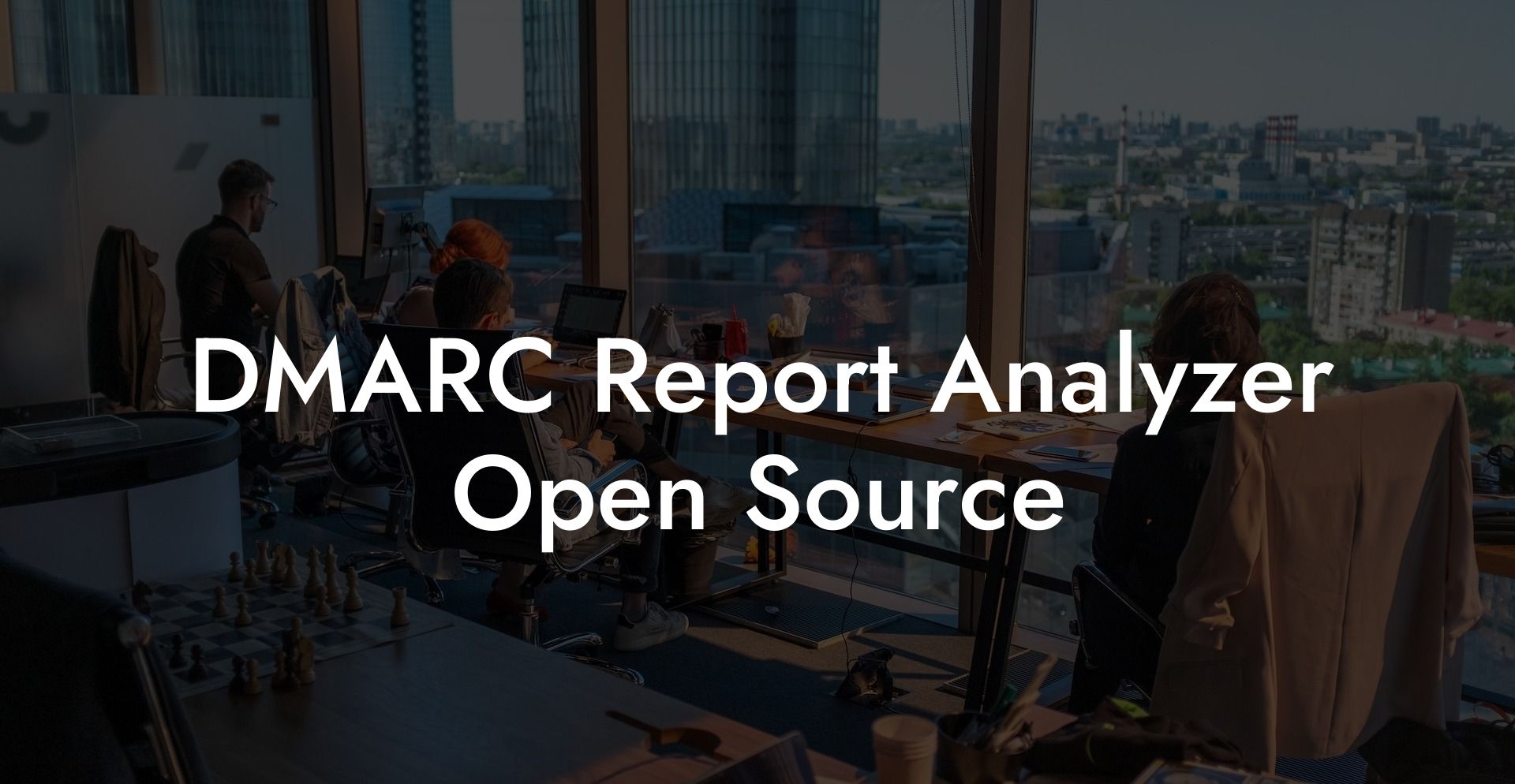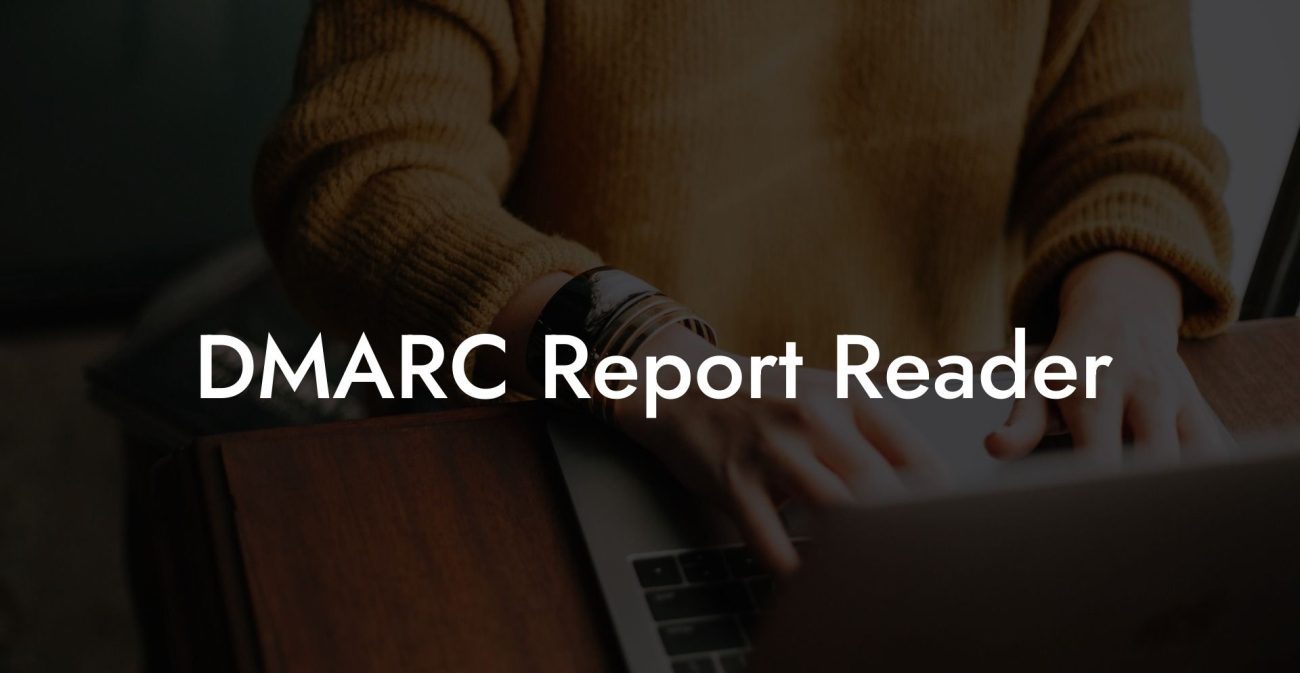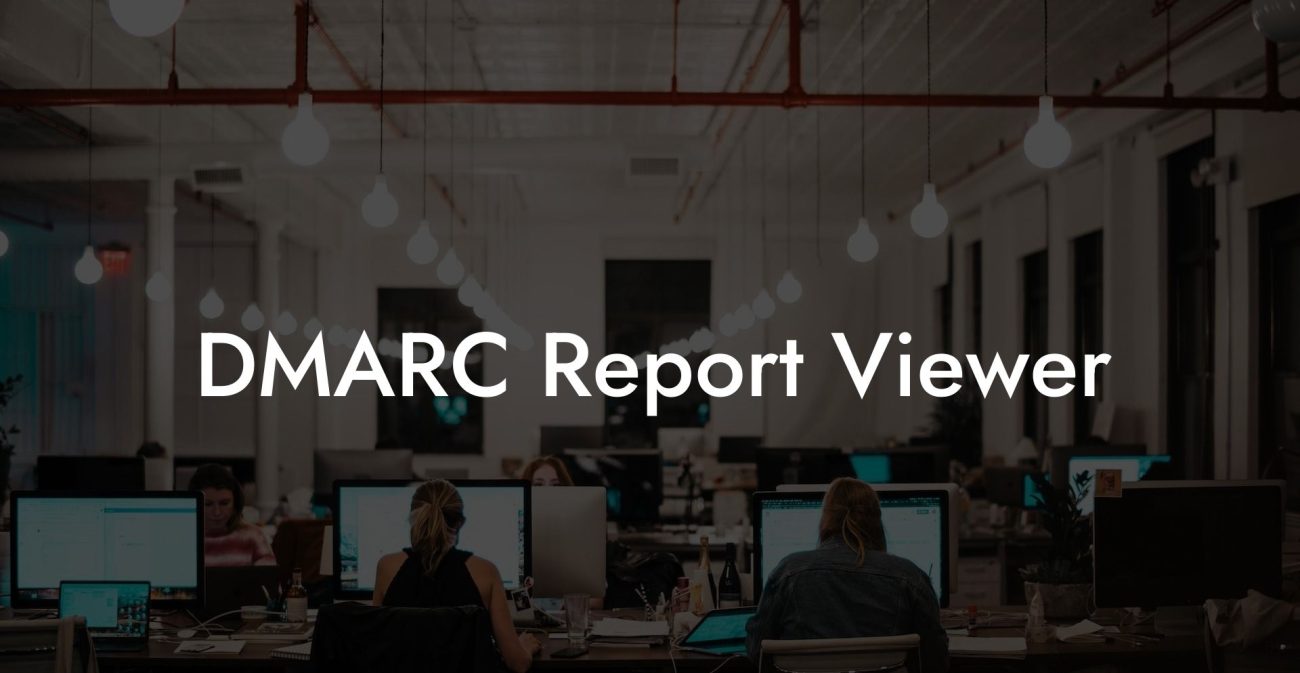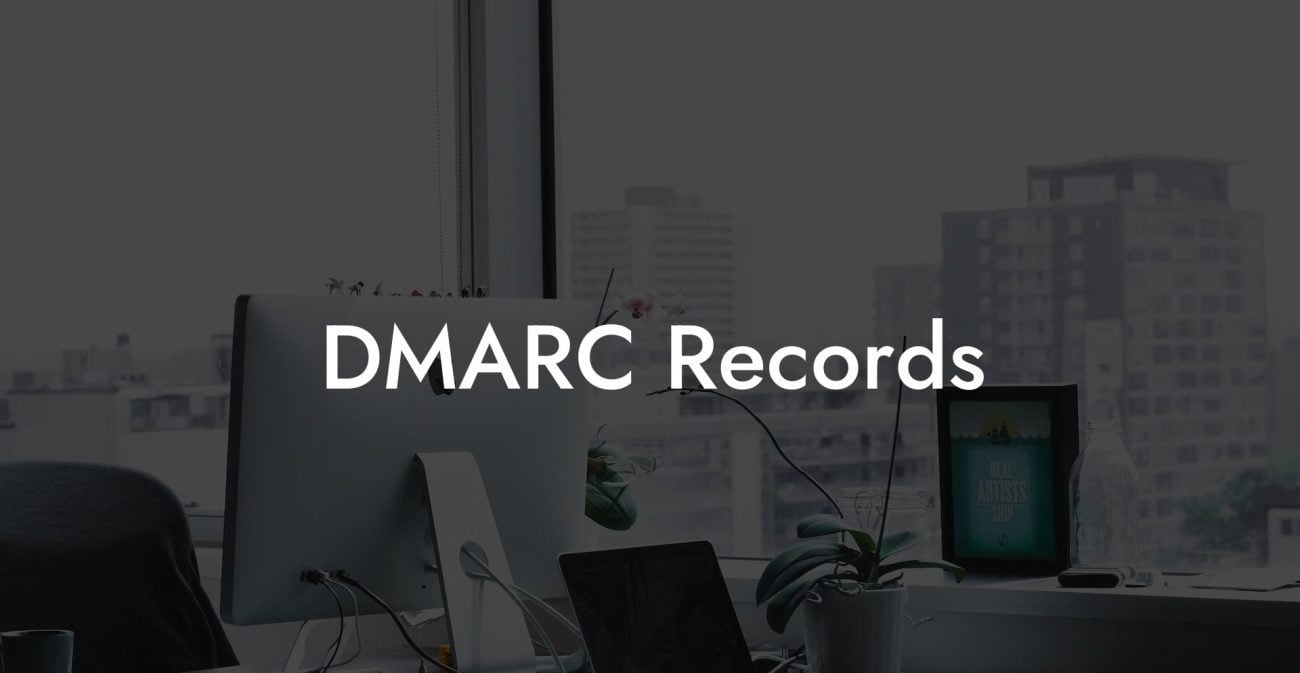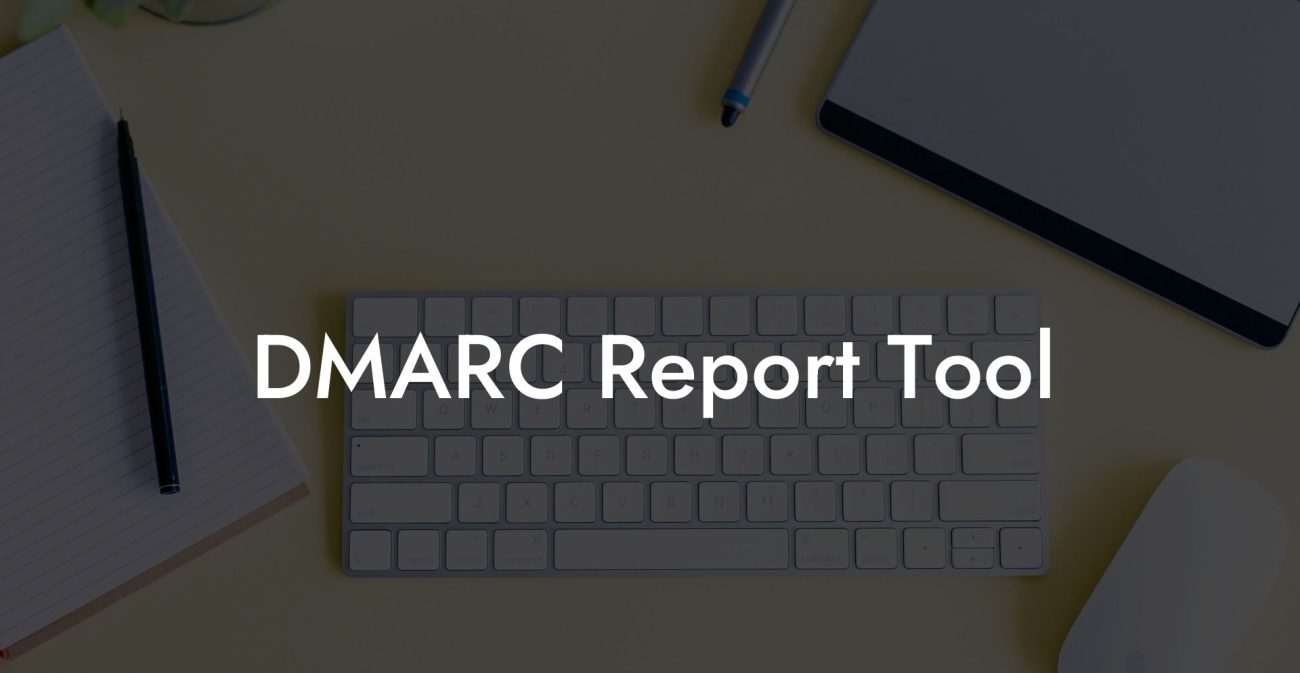In the world of email security, understanding and analyzing DMARC reports is crucial for protecting your digital property from phishing and spoofing attacks. With the help of open-source DMARC report analyzers, you can take control of your email domain's safety and ensure effective management of your cybersecurity efforts. This blog post explores the ins and outs of utilizing an open-source DMARC report analyzer to strengthen your domain security.
DMARC Report Analyzer Open Source Table of Contents
What is DMARC?
DMARC (Domain-based Message Authentication, Reporting, and Conformance) is a highly effective email authentication protocol that helps reduce the risks of phishing and email spoofing. By implementing DMARC, organizations can verify if incoming emails are legitimately from the specified sender or not. This protects your brand's reputation, prevents unauthorized usage of your domain, and aids in securing vital communication channels.
Significance of DMARC Reports
Protect Your Data Today With a Secure Password Manager. Our Top Password Managers:
DMARC generates comprehensive reports that provide valuable insights into your email domain's security, including details of authentication failures and source information. Analyzing these reports allows you to:
- Identify potential vulnerabilities
- Track unauthorized usage of your domain
- Monitor email traffic and performance
- Improve your domain's deliverability and overall security
Role of DMARC Report Analyzers
While DMARC reports are tremendously useful, they can be difficult to decipher due to their XML format and technical jargon. This is where DMARC report analyzers come in handy. These tools help in:
- Converting raw XML data into an easy-to-understand, readable format
- Offering detailed and actionable insights on email domain security
- Simplifying the process of identifying potential threats and vulnerabilities
Exploring Open-Source DMARC Report Analyzers
Open-source DMARC report analyzers offer a cost-effective, community-driven approach to interpreting and understanding your domain's security issues. Let's take a look at some popular open-source options:
1. dmarcian
dmarcian provides a free, simple-to-use XML-to-human converter that decodes DMARC reports, offering insights into email sources, policy evaluation, and other crucial details. This open-source tool also supports advanced features like scheduled reporting, multiple domain management, and expert support for premium users.
2. DMARC Analyzer
DMARC Analyzer offers an intuitive user interface and robust features, such as report aggregation, per sending source statistics, and threat/response analysis. A free version with limited features is available, while its premium plans offer additional functionality and unlimited data retention.
3. Postmark
Postmark's DMARC Digests is another free, open-source solution that delivers weekly DMARC aggregate summary reports straight to your inbox. It focuses on making DMARC reports more readable and easy-to-understand by removing unnecessary complexities.
DMARC Report Analyzer Open Source Example:
Imagine you've recently implemented DMARC for your business's email domain, and you start receiving aggregate reports in XML format. Without proper knowledge or tools to decode this data, you could easily miss critical insights into unauthorized usage or authentication failures. By using an open-source DMARC report analyzer like dmarcian, you can decode these XML reports and view detailed information on email authentication results, the origin of potentially malicious emails, and evaluate your domain's overall security performance.
Understanding and analyzing DMARC reports can seem like an overwhelming task, but leveraging open-source DMARC report analyzers simplifies the process and helps protect your email domain from potential threats. Share this post to spread awareness about these essential security tools, and explore more cybersecurity information and guides on Voice Phishing!
Protect Your Data Today With a Secure Password Manager. Our Top Password Managers:

